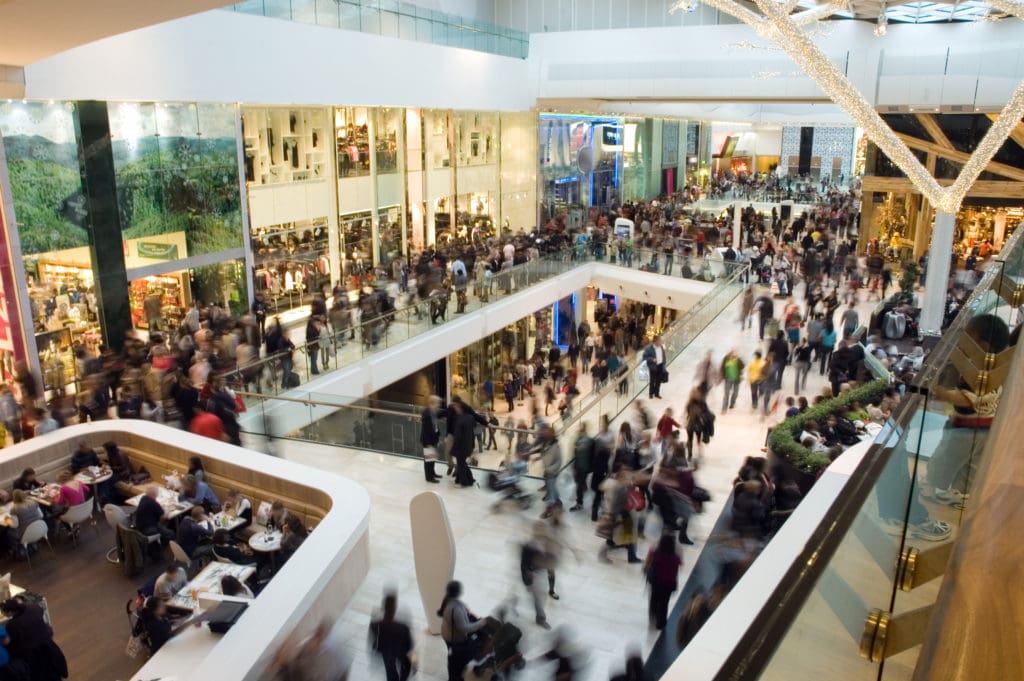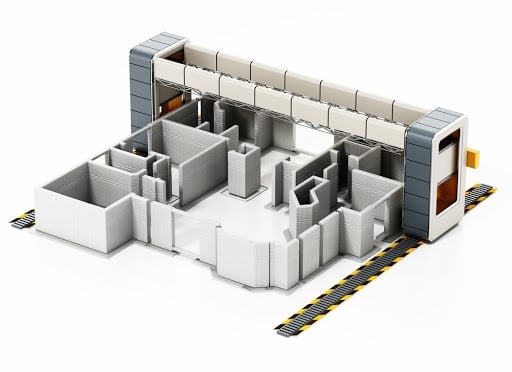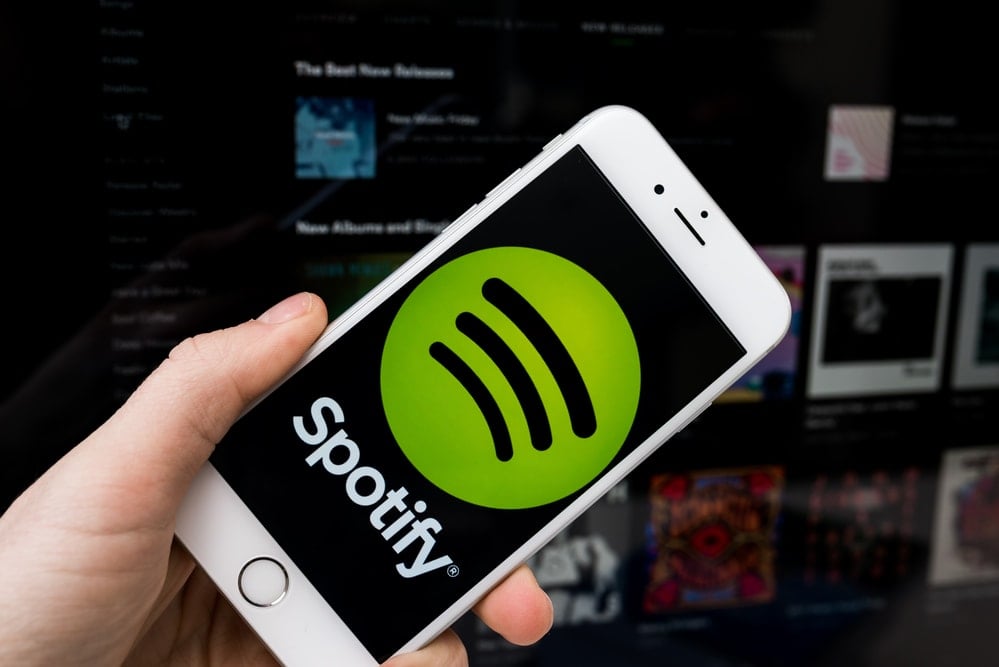Like many music aficionados, you probably have several Spotify playlists loaded and ready to go. What do you want to listen to today? Perhaps Lady Gaga will lift your spirits, or maybe you want to calm your mind with some instrumental new age. No matter what you fancy, there are plenty of choices… thanks to the free market.
Wait. What?
Surely, bands release albums because it’s their passion. Right?
Yes, musicians indeed feel a particular calling to create their art, but they still need to eat. Without an audience, they wouldn’t be able to make a living.
Do you have a favorite song? You should thank capitalism and the free market.
Who Owns You? Who Owns Your Labor?
Capitalism makes it possible for creatives and entrepreneurs alike to profit from their craft. It spurs innovation and makes life better for everyone. Simply stated, a free-market economy mixed with a healthy serving of capitalism gives us more choices. It gives consumers the freedom to choose which songs they like the best. Ultimately, people vote with their dollars, resulting in a broader, more diverse marketplace.
What does this have to do with your favorite band? Pretty much everything.
The Free Market and Capitalism: A Love Story
Ever meet that couple that just seems too perfect? They walk alike, talk alike, and even finish each other’s…(this is where you say sentences). No matter how much you love to hate them, you know they will be together forever, through thick and thin.
The free market and capitalism are this ideal couple.
In a capitalistic society, the free market helps determine supply and demand. The system controls pricing and production levels. However, it is possible to have capitalism without a free market and vice versa. But why would you want to break up the perfect couple? After all, peanut butter always tastes better with jelly.
What Is a Free Market Economy?

A free-market economy is one where the public determines supply and demand without government regulations getting in the way. There’s a lot of competition that helps determine prices. All transactions occur on a private level between the buyer and seller.
In a free market, choices are everything. Companies produce to meet the demands of the consumer.
Let’s go back to music. When boy bands were the most popular in the early 2000s, record labels rushed to sign the biz’s hottest young guys. But as fans matured and boy bands began to grow facial hair, managers quickly released solo albums to stay up with demand. Moving from teenybopper ‘NSync to a sexier Justin Timberlake (without Uncle Sam getting in the way) is how the free market works.
Although many countries claim to have a free market economy, none are absolute. Including the US. There’s always a bit of regulation, which brings us to the next question:
What Makes a Free Market a Free Market?
Many countries wrongfully claim free-market status. However, the absence of certain traits may indicate the presence of a different economic system. All free markets share these characteristics:
- Private Ownership: The private sector maintains ownership over resources, not the government. Owners have complete control over how they produce, allocate, and exchange these resources. Private sectors also retain control over the labor supply and choose how to pay workers.
- Presence of Financial Institutions: For a free market to succeed, it needs a thriving financial market. Banks and brokerages give people a way to exchange money for goods and services. They also supply loans and investment services to help boost the economy. Without financial institutions, a free-market economy wouldn’t have the monetary resources to be sustainable.
- Available to Everyone: Free markets are free to everyone. You have the right to participate voluntarily or not. This freedom helps control the supply and demand of goods. It also creates competition and helps to foster economic growth.
Who Benefits from the Free Market?

Literally, everyone who participates in a free market benefits from it in one way or another. Since it doesn’t exist to support the government, individuals are the real winners. It gives people the freedom to think for themselves and put them in charge of their destiny. Here’s how:
Free markets encourage innovation.
In countries where the government controls the masses, there’s no desire for people to create. Lack of innovation keeps countries in the dark ages. For example, the freedom to innovate is the driving force behind medical innovations and advances in technology.
Entrepreneurs use this freedom to introduce new products and services to the marketplace. It makes them more likely to take charge of a problem and create solutions. And the profit motive keeps them coming back for more.
Customers have more choices.
Variety is the spice of life. Free-market economies put consumers in charge of what products ultimately succeed. Lots of options let customers compare features and seek out higher quality.
Since consumers speak with their wallets, this type of market also helps control pricing. Companies must price products fairly and competitively. If they don’t, another brand will step up to the plate and get the sale. Supply and demand set apart free markets from other economic systems.
When capitalism and the free market mingle together, great things happen. Entrepreneurs find themselves more driven to solve problems and create innovative products. Consumers reward companies by spending more money. And the best economy is a well-stimulated one.
Are There Any Downsides to a Free Market?
Everything you’ve read about the free market system makes it seem like the only reasonable choice. And while it probably is, there are still some pitfalls. Here’s what could cause a free market economy collapse:
Greed and corruption
Is the love of money really the root of all evil? The opportunity to turn a profit does bring out the worst in some people. Free markets make it possible for anyone to produce in-demand goods. However, sometimes businesses will do anything to climb to the top.
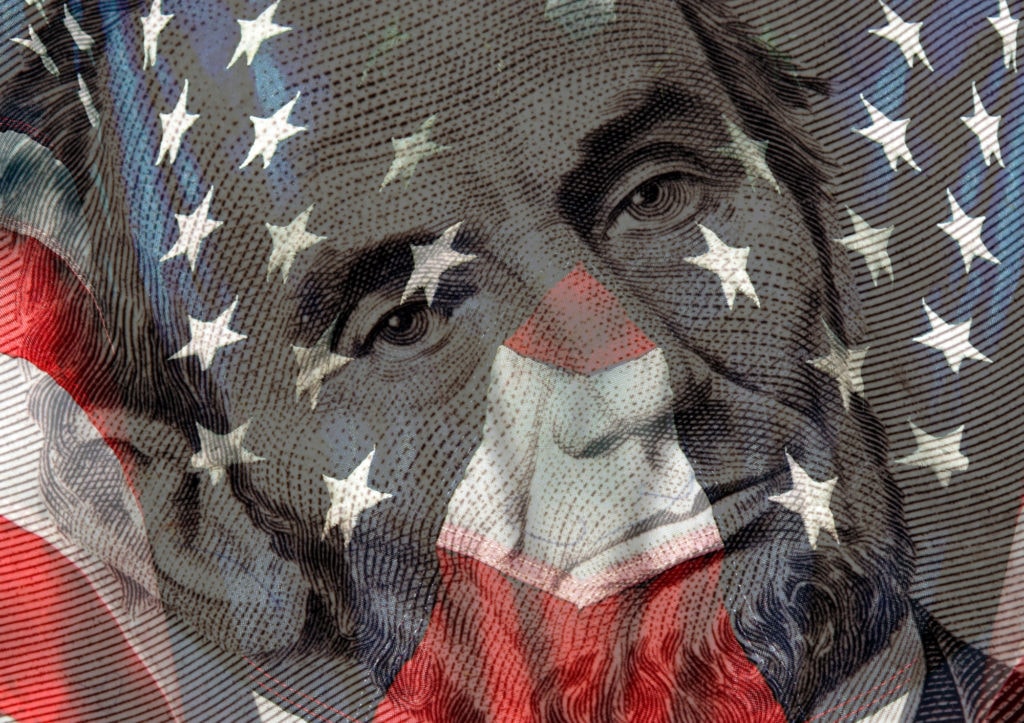
Profit motive sparks innovation. But individuals should never compromise ethics just to make a buck. In 2010, an oil-drilling rig coined Deepwater Horizon exploded and sank into the Gulf of Mexico. Authorities determined BP Exploration & Production was liable. The company used substandard cement as a way to save money and boost profits. BP pleaded guilty and paid $4 billion in criminal fines.
Market failure
There have been instances when free markets spiral out of control until they collapse. Sometimes greed is to blame, but other times lack of consumer confidence is the culprit. The Great Depression is a good example. Although the initial stock market crash immediately shocked the economy, the fear of spending money prevented it from rebounding.
The real estate market crash of 2008 also illustrates what happens when the free market runs amuck. Lenders extended credit to everyone, even those who were less than qualified. A sudden surge in the housing market sent prices soaring. Borrowers took out loans they couldn’t afford to repay. The bubble burst, and many people ended up foreclosing.
What Is the Opposite of a Free Market?
Countries that regulate every aspect of life do not have a free market. While there’s no designated term, most people call these societies a “non-market” or “planned” economy. As a music-lover, you could have to deal with a state-controlled music selection.
Sure, it would be easier to pick music if there weren’t so many choices. Having fewer bands and songs is more efficient. Maybe music would cease altogether. Sometimes it’s nice to have someone else call all the shots and choose the restaurant—but would this lifestyle spark joy?
Centralized governments allocate funds how they see fit. If they don’t want you to listen to music, you won’t listen to music. It’s that simple. You become a marionette, and the puppet master pulls your strings.
And as someone who grew up believing in freedom, this prospect should sound frightening. But regulations are everywhere. Do free markets really exist, or are they elusive unicorns?
Want a Free Market Example?
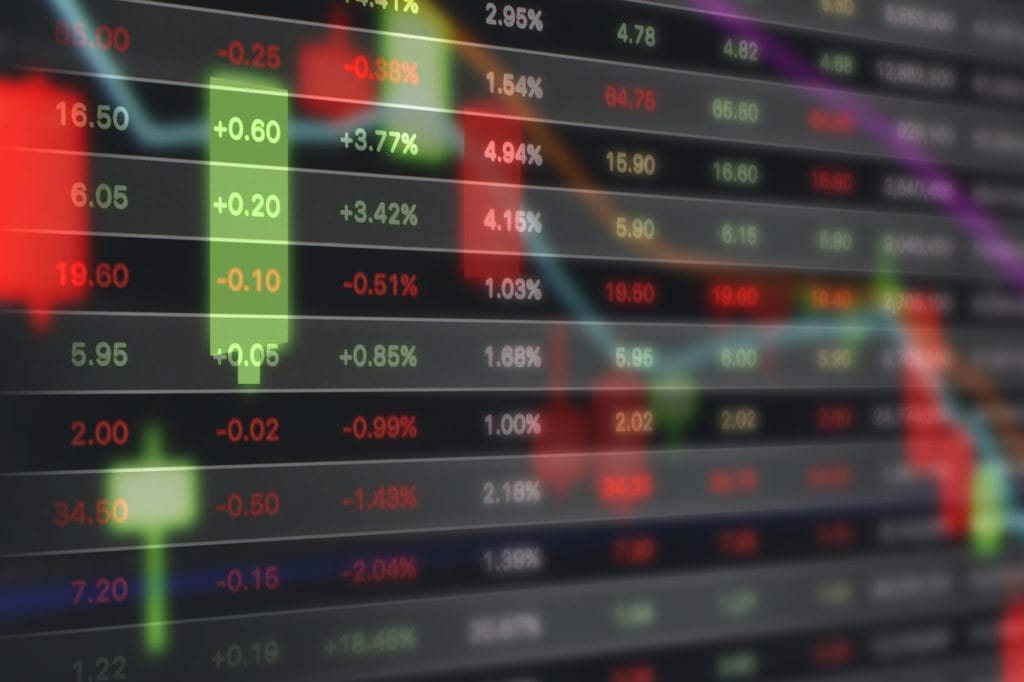
The Index of Economic Freedom in 2020 provides the best free-market examples anywhere. It measures free markets across the globe and ranks them according to economic freedom and progress. Twelve factors determine the results. They are:
- Business freedom
- Property rights
- Tax burden
- Judicial effectiveness
- Government integrity
- Government spending
- Fiscal health
- Financial freedom
- Investment freedom
- Labor freedom
- Monetary freedom
- Trade freedom
Which country came out on top? Singapore placed first with an index of 89.4. According to the index, any country with an overall rating of 80-100 has a “free” economy. Other free countries for 2020 include Hong Kong (89.1), New Zealand (84.1), Australia (82.6), Switzerland (82.0), and Ireland (80.9).
Why is Singapore number one? The country puts a priority on property rights’ protections and anti-corruption laws. A transparent regulatory environment boosts consumer confidence. And being open to global trade helps increase production and creates a more competitive economy. However, the local government does meddle in citizens’ lives more than most Americans would find acceptable.
Speaking of Americans, the United States isn’t on the “free” list. What does that mean?
Is the US a Free Market?
This is where we begin to hit a gray, somewhat fuzzy area. The US ranked 17th on the Index of Economic Freedom in 2020. A rating of 76.6 means we live in a “mostly free” society.
The US has a reputation for being the world’s premier free-market economy. Although most consider the country to be purely capitalistic, it also has some socialist tendencies. Government interference is why it’s better to classify the US as a mixed economy.
Mixed economies are not inherently bad, however. They still allow businesses to operate according to supply and demand. But the government can regulate certain sectors. In the US, we see this happening the most in defense, telecommunication, and transportation. There are even examples of regulation in seemingly benign industries, such as (surprise!) music.
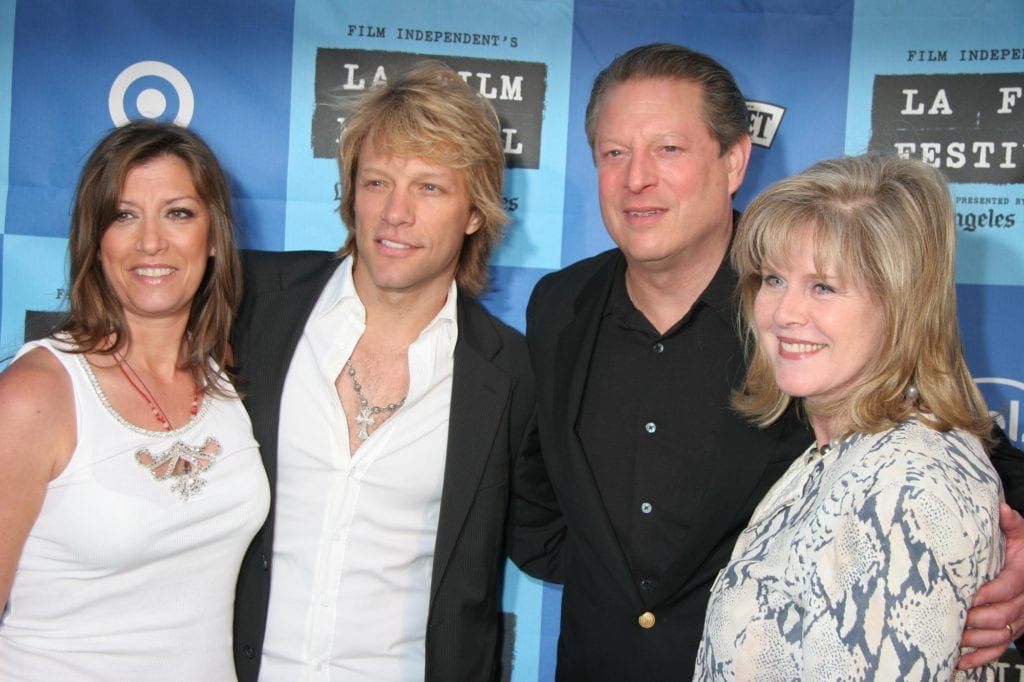
How can the government regulate music? It puts policies in place that allow broadcasters to play music without paying the artists. Then it decides a songwriter’s royalty rates instead of supply and demand. Finally, it allows online streaming platforms to avoid paying royalties for uploaded music.
And yes, all these examples happened at some point in the United States. But the music industry didn’t always let big government win.
Music Finds a Way to Avoid Regulation
In the 90s, music lyrics were big-time news when Tipper Gore wanted to censor artists from using profanity or releasing, as she called it, porn rock. Songwriters didn’t want the government to stifle their creativity. The issue was so important to those with virginal, sensitive ears that it became the topic of a now-famous congressional hearing.
Lots of big names in the entertainment industry showed up in support of unrestricted content. Among those who testified was Dee Snider, who famously stated, “I can say categorically that the only sadomasochism, bondage, and rape in this song is in the mind of Ms. Gore.” Only the 90s could bring congressmen and rockstars into the same room to discuss sex, drugs, and rock ‘n’ roll.
As a result of the hearing, the music industry began voluntarily labeling albums with “explicit lyrics.” The public didn’t want the government controlling what kids could listen to, and the new labels were a good compromise.
Bigger Government Means Smaller Choices
How much control do you want elected officials to have over your life? Those pushing towards socialism choose to give the government more power. They believe a bigger government will level the playing field and make life better for everyone. But the real question is, how much freedom are you willing to give up?
Imagine living in a world where the government dictated what music you could listen to. George Orwell created such a world in 1984. And if you ever read it, you know the power Big Brother had over his constituents. Of course, Orwell’s dystopian masterpiece was fictional—those extremes could never happen in real life. Or could they?
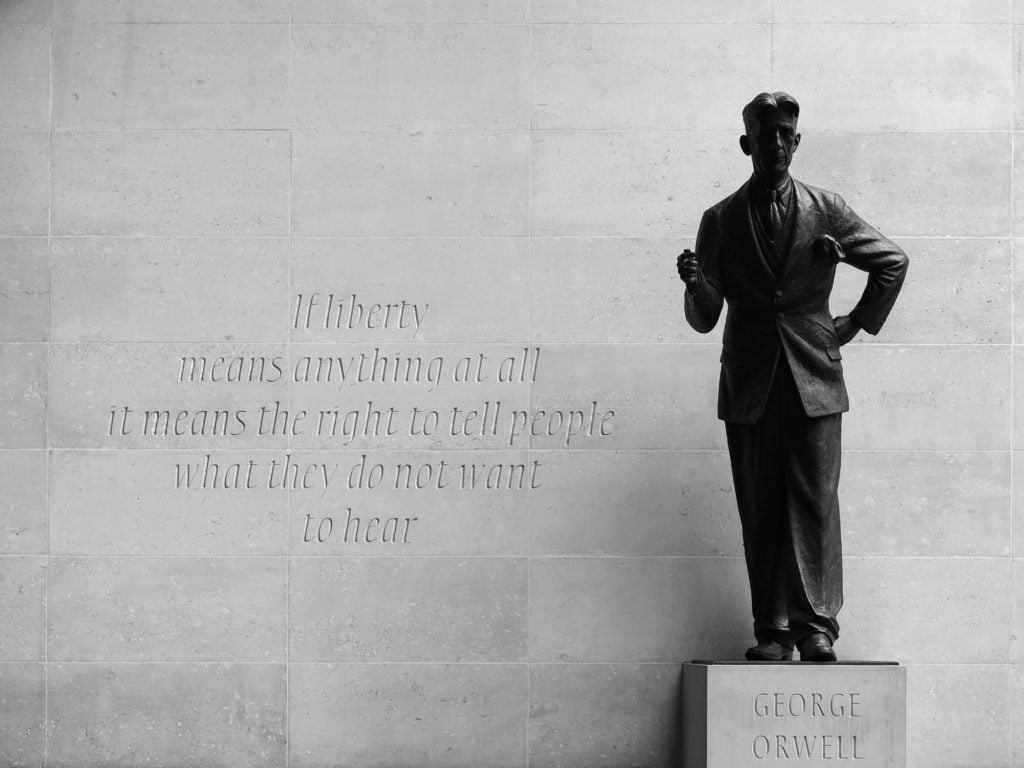
North Korea is practically a mirror image of Orwell’s fictional society. The government dictates nearly every aspect of society. Citizens can only watch North Korean television stations. The next time you can’t find something to watch on cable, remember that North Koreans only have four channels. Government officials are the only ones with access to telephone lines. Even music and song lyrics must promote state ideologies.
Since North Koreans don’t have access to the outside world, most of the population believes the propaganda they hear each day. To them, it’s home. To you, it’s insane.
It only makes sense that North Korea ranked dead last on the Index of Economic Freedom in 2020 with a very repressed rating of 4.2.
The majority of Americans don’t believe this could ever happen to us. After all, this is the United States of America—the land of the free and home of the brave. However, we should never take our freedom for granted. Dabbling in socialism, even just a little bit, could lead us down a rabbit hole that looks an awful lot like North Korea.
Free Market Capitalism, Music to Your Ears
Capitalism is often the unsung hero of free-market economies. When used together, these two systems are pretty much unstoppable. Capitalism focuses on taking ownership and creating wealth. Free market economies are all about the exchange of wealth for goods and services.
As capitalists, it’s crucial to protect the sanctity of free markets. Government—no matter which side of the aisle—will always try to push through a specific agenda. Sometimes, lawmakers find it necessary to impose regulations to ensure they get their way. Are all regulations bad? Probably not. Some may even have good intentions. But every regulation opens the door to more government control.
The next time you shuffle through your playlist, remember you have music choices because of the free market and capitalism. The sound of freedom is the best music ever.
Time to Write Your Anthem
Thanks to capitalism, you can create change. The world needs more entrepreneurs like you to solve problems and create innovation. Thanks to the free market, you can deliver your products to an eager audience. Are you ready to take the next step into entrepreneurialism? This helpful and totally free 10-part mini-series will guide you in the right direction.
